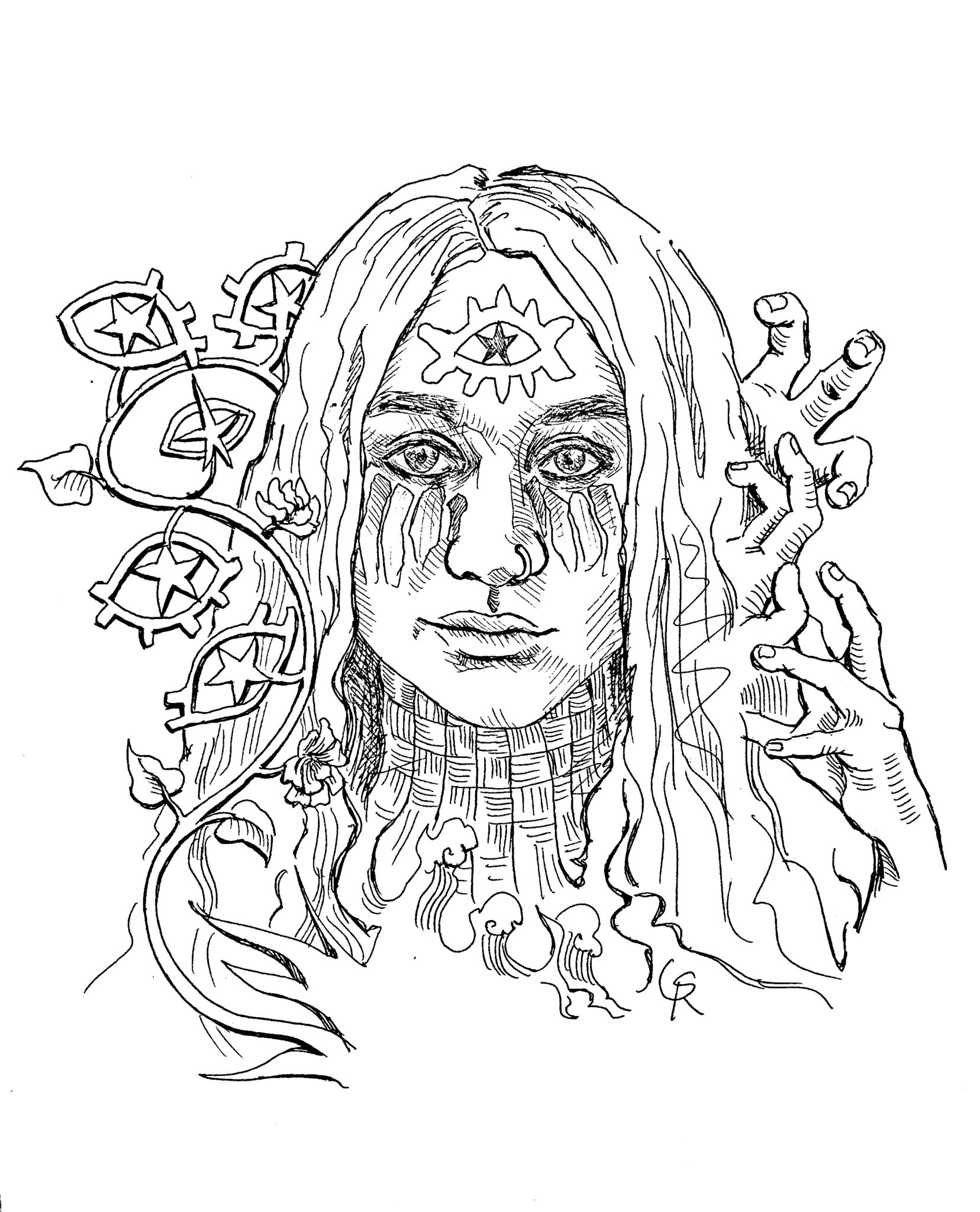
“I’ve got too many people left to prove wrong,” she begins. This time around, there are no synthesizers, drums or Pitbull features: just Kesha’s voice, her raw voice, to introduce us to her third studio album “Rainbow.” The intro track, aptly titled “Bastards,” wastes no time beating around the bush, confronting the highly publicized subtext — including sexual assault, legal court battles and a trending #FreeKesha — that almost prevented the album from existing in the first place. She insists: “They won’t break my spirit, I won’t let ‘em win/I’ll keep on living the way I wanna live.”
Much of “Rainbow,” like “Bastards,” is a powerful narrative about overcoming insurmountable struggles and villains. Kesha ties these tracks together thematically by exploring the concept of faith: both religious and personal, what to do in its absence, where to draw strength. “Hymn” is an ode to “kids with no religion,” a reassurance for anyone who’s ever felt marginalized by church that their lives are beautiful and meaningful, something like a secular national anthem for the Island of Misfit Toys. And of course, any conversation about “Rainbow” is now inseparable from “Praying,” the album’s lead single and centerpiece. Kesha takes the high road, exorcising the demons of her sexual assault through prayer, while hitting a note so ethereal it has spurned literal video reaction montages on YouTube.
But “Rainbow” is so much more than this singular narrative of overcoming adversity. It undoubtedly features some of Kesha’s best work: gorgeous and compelling power ballads, pop bangers and country ditties that succeed because of Kesha and the strength of her personality, songwriting prowess and delivery alone. On the standout “Let ‘Em Talk” with Eagles of Death Metal, Kesha reimagines Taylor Swift’s “Shake It Off” as a punk rock standoff with “losers” that used to hurt her. You’ll be sure to dance. And of course, there are love songs: ranging from the anthemic “Finding You” to the tender Dolly Parton assisted “Old Flames (Can’t Hold A Candle to You).”
In exploring country and protest music, Kesha’s peers Lady Gaga and Katy Perry have both been criticized for the authenticity politics of their recent albums. But when venturing into country or rock, Kesha — who made her start in Nashville — enlists guests like Dolly Parton, Dap-Kings Horns and Eagles of Death Metal, to complement and guide her pop sensibilities. Meanwhile, the quirks that made mega-hits like “Tik Tok” and “We R Who We R” memorable still exist: whether it’s Kesha cutting off a mansplainer at the beginning of “Woman” (a track inspired by Donald Trump’s “pussy grabbing” comment), or her bragging about her “boys in every country code” on “Boots.”
All of the successes of Rainbow are quietly underscored by the removal of the dollar sign in her once iconic name. While she always discussed it as an ironic signifier of pop-culture taken too seriously, casual listeners pegged her as caricature not in on the joke. She now gets the last laugh: its removal signifies the awakening of a new pop star brimming with the same talent, but forged anew through hardship and unbreakable perseverance. As she sings on “Learn to Let Go,” “Your happy ending’s up to you.” It’s a gross oversimplification, of course, but she sings with the power to will the line to life.
Contact wayne zhang at
wayne.zhang@yale.edu .







